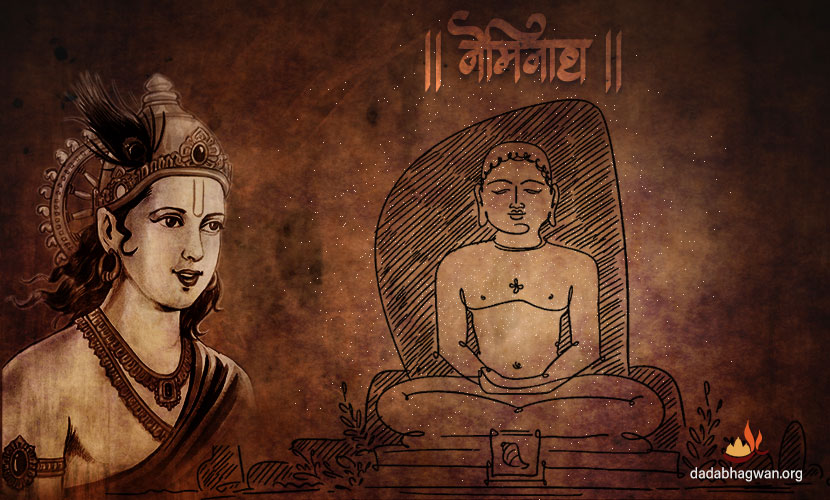Quote 1:Neither in this world nor elsewhere is there any happiness in store for him who always doubts.
In Hindi: सदैव संदेह करने वाले व्यक्ति के लिए प्रसन्नता ना इस लोक में है ना ही कहीं और.
Quote 2: Delusion arises from anger. The mind is bewildered by delusion. Reasoning is destroyed when the mind is bewildered. One falls down when reasoning is destroyed.
In Hindi: क्रोध से भ्रम पैदा होता है. भ्रम से बुद्धि व्यग्र होती है. जब बुद्धि व्यग्र होती है तब तर्क नष्ट हो जाता है. जब तर्क नष्ट होता है तब व्यक्ति का पतन हो जाता है.
Quote 3: The power of God is with you at all times; through the activities of mind, senses, breathing, and emotions; and is constantly doing all the work using you as a mere instrument.
In Hindi: मन की गतिविधियों, होश, श्वास, और भावनाओं के माध्यम से भगवान की शक्ति सदा तुम्हारे साथ है; और लगातार तुम्हे बस एक साधन की तरह प्रयोग कर के सभी कार्य कर रही है.
Quote 4: The wise sees knowledge and action as one; they see truly.
In Hindi: ज्ञानी व्यक्ति ज्ञान और कर्म को एक रूप में देखता है, वही सही मायने में देखता है.
Quote 5: The mind acts like an enemy for those who do not control it.
In Hindi: जो मन को नियंत्रित नहीं करते उनके लिए वह शत्रु के समान कार्य करता है.
Quote 6: Perform your obligatory duty, because action is indeed better than inaction.”
In Hindi: अपने अनिवार्य कार्य करो, क्योंकि वास्तव में कार्य करना निष्क्रियता से बेहतर है.
Quote 7: Sever the ignorant doubt in your heart with the sword of self-knowledge. Observe your discipline. Arise.
In Hindi: आत्म-ज्ञान की तलवार से काटकर अपने ह्रदय से अज्ञान के संदेह को अलग कर दो. अनुशाषित रहो. उठो.
Quote 8: Man is made by his belief. As he believes, so he is.
In Hindi: मनुष्य अपने विश्वास से निर्मित होता है.जैसा वो विश्वास करता है वैसा वो बन जाता है.
Quote 9: Hell has three gates: lust, anger, and greed.
In Hindi:नर्क के तीन द्वार हैं: वासना, क्रोध और लालच.
Quote 10: There is nothing lost or wasted in this life.
In Hindi: इस जीवन में ना कुछ खोता है ना व्यर्थ होता है.
Quote 11: The mind is restless and difficult to restrain, but it is subdued by practice.
In Hindi: मन अशांत है और उसे नियंत्रित करना कठिन है, लेकिन अभ्यास से इसे वश में किया जा सकता है.
Quote 12: People will talk about your disgrace forever. To the honored, dishonor is worse than death.
In Hindi: लोग आपके अपमान के बारे में हमेशा बात करेंगे. सम्मानित व्यक्ति के लिए, अपमान मृत्यु से भी बदतर है.
Quote 13: To the illumined man or woman, a clod of dirt, a stone, and gold are the same.
In Hindi: प्रबुद्ध व्यक्ति के लिए, गंदगी का ढेर, पत्थर, और सोना सभी समान हैं.
Quote 14: Creation is only the projection into form of that which already exists.


